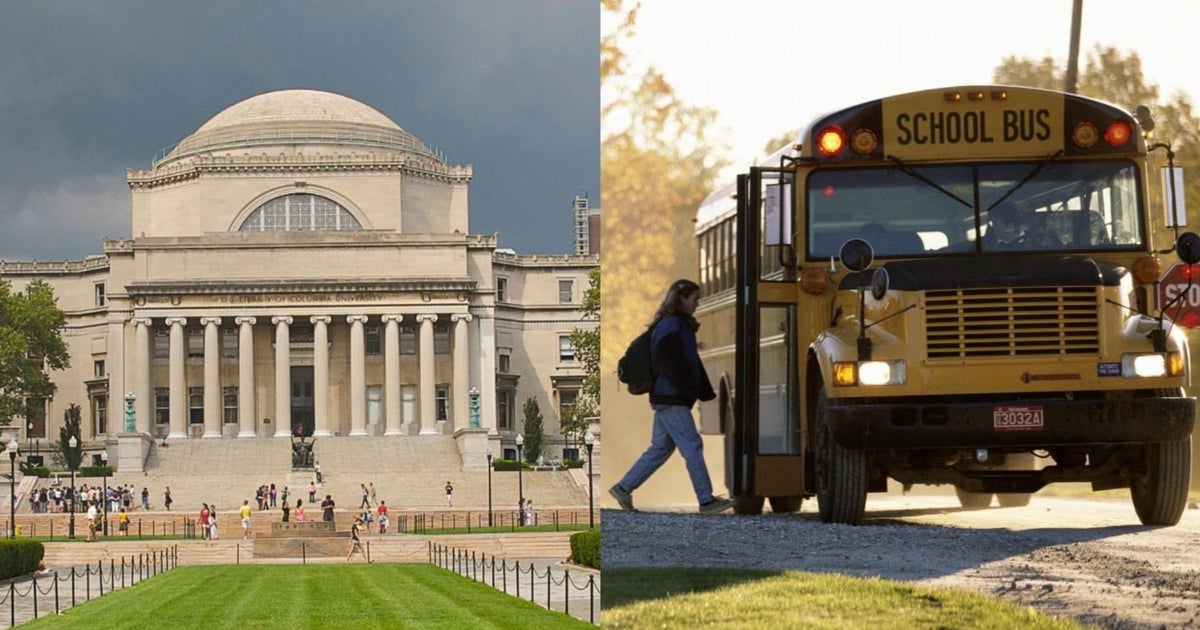Star Tribune
A rental reckoning is coming to Twin Cities housing

Rising demand for rentals is happening even in downtown Minneapolis, where demand slowed considerably during the pandemic. So far this year, 920 units have been rented out, and with 1,642 new units opening in 2024 (mostly during the second half of the year), the vacancy rate increased to 8.7%, including those new buildings still in the initial lease-up phase. Not counting those new buildings, the vacancy rate was only 5.5% during the third quarter after peaking at 7.7% in 2020.
“The demand is encouraging,” Wittenberg said. “We could very well see record absorption in downtown Minneapolis for the full year in 2024.”
O2 is one of the last apartment complexes to open before construction slows in Minneapolis. (Richard Tsong-Taatarii)
In contrast to communities with lower construction costs and more lax zoning rules, the Twin Cities metro has higher borrowing costs and near-record construction costs that have forced many developers to sideline their plans for new buildings. After building a record 9,995 units in 2022, apartment construction across the metro has plummeted. This year, the Marquette reported expected 7,200 market-rate units to come online compared to only 2,800 in 2025.
So far this year, a little more than 1,800 new units have opened in Minneapolis, with only 221 in St. Paul.
The latest report from Housing First Minnesota, a trade group that represents homebuilders, multifamily construction during October posted its first year-over-year increase since February. Last month, builders pulled enough permits to build only 354 multifamily units.
So far this year, cities issued developers only enough permits to build 1,644 rentals. That’s only about a quarter of all planned housing units across the metro. Typically, multifamily units represent half of new housing units.
Star Tribune
Vandals uproot 60 new trees on St. Paul riverfront tossing many in the Mississippi River
Sixty newly-planted trees along St. Paul’s riverfront were uprooted Wednesday night, and most were tossed into the water, in an act of vandalism costing tens of thousands of dollars.
“I’m incredibly sad. It’s hard to fathom,” said Karen Zumach, the director of community forestry for St. Paul-based non-profit Tree Trust, which contracted with the city to plant the trees with the help of high school students in October. “I like to think that trees are the least controversial thing we deal with these days.”
The trees were planted over two days along Shepard Road, in the area of Upper Landing Park and the Sam Morgan Regional Trail.
Photos taken by city staff Thursday showed a long row of piles of upturned dirt circling around holes in the ground where the trees once stood. All but 14 of them were tossed into the Mississippi River, rendering them unsalvageable, Zumach said.
The St. Paul Parks and Recreation Department estimated the damage comes to $40,000.
The St. Paul Police Department confirmed Thursday it received a report of the vandalism and an investigation is ongoing. The city parks department said in a statement the vandalism is believed to have occurred overnight.
The 14 trees that did not end up in the river have been reinstalled, Zumach said. The process to replace the others has yet to be determined, but the planting season has already passed.
About 25 high school students helped plant 250 trees while school was out during the annual MEA conference for state educators in October, Zumach said.
Star Tribune
Minneapolis council fails to override affordable Frey rental housing veto

The Minneapolis City Council was unable to override Mayor Jacob Frey’s recent veto of an ordinance that would give some organizations first dibs on buying certain rental housing units in an effort to preserve affordable housing.
Under the proposal, if the owner of certain rental units wants to sell, they would have to give certain “qualified organizations” the first shot at buying their property, with exceptions for sales to renters or family members, for example.
Frey wrote in his veto letter that “now is not the time to make it harder to invest in our city’s housing stock.” He said while he agrees with the goal of preserving affordable housing, he doesn’t believe the ordinance will accomplish that in the current housing market.
“I appreciate the intention behind this ordinance, and in a different housing market when investment was more free-flowing, I may have a different perspective,” he wrote.
Supporters said the proposal would keep thousands of units of affordable housing available and prevent large investment firms from gobbling them up — and potentially hiking rents to reap profits.
The council voted 7-5 to override Frey, but needed nine votes.
Council Member Jeremiah Ellison, who co-authored the ordinance, argued when it was before the council on Oct. 31 that it would help small, local developers buy property that’s now being bought up by national investment firms or hedge funds.
Council Member Linea Palmisano said she was torn on the ordinance when it was before the council, saying the city has an affordable housing crisis, but that she was concerned about unintended consequences, such as whether first-time home buyers wouldn’t be able to compete. She voted for it then, but voted against an override on Thursday.
Star Tribune
Hills-Beaver Creek moves on to Nine-Player Prep Bowl

Hills-Beaver Creek held off a late Mountain Iron-Buhl rally to win the first Nine-Player state semifinal Thursday at U.S. Bank Stadium, 26-20.
The Patriots had a 26-14 lead late, but fumbled the ball away at their own 5-yard line. Mountain Iron-Buhl capitalized on the turnover and scored right away, making the score 26-20.
Mountain Iron-Buhl got the ball back with 43 seconds remaining and moved into Hills-Beaver Creek territory, but Sawyer Bosch intercepted a pass to end the threat.
Hills-Beaver Creek will face the winner of the Fertile-Beltrami-LeRoy-Ostrander semifinal in the state championship Saturday, Nov. 23 at 10 a.m.




